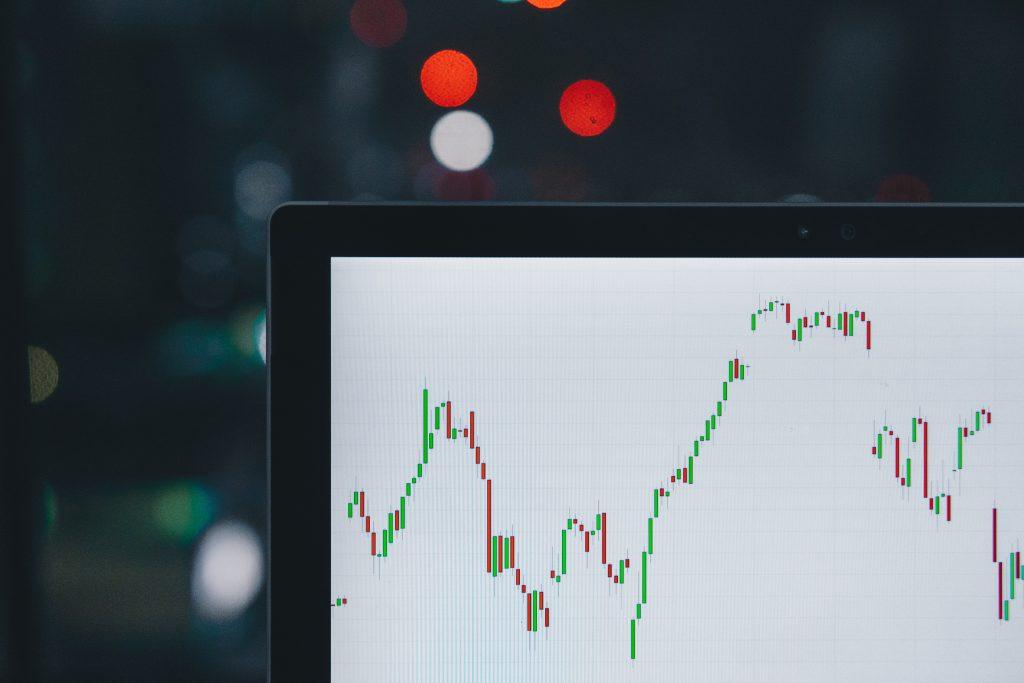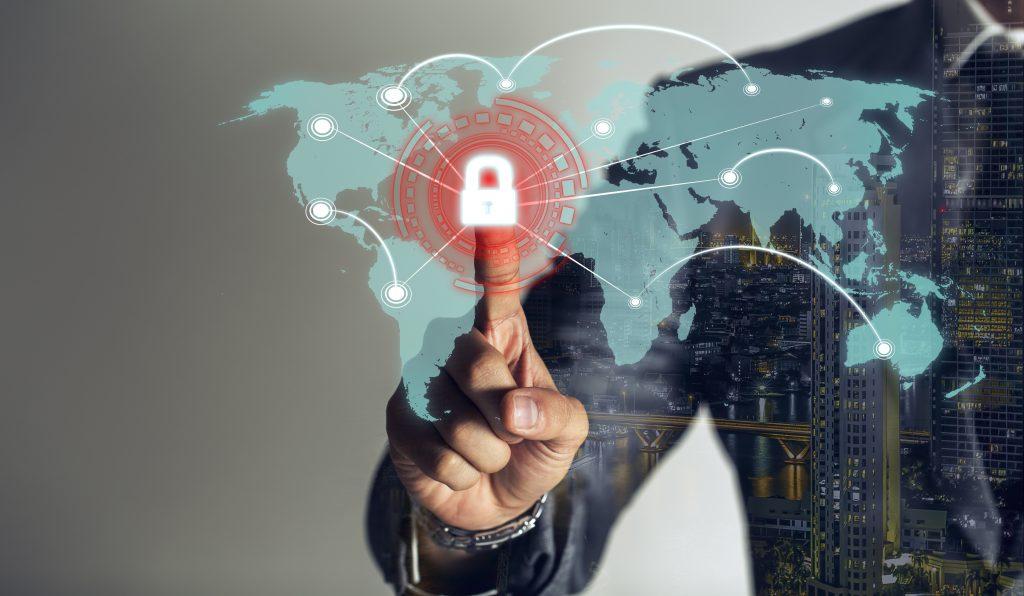Back in 1970, author Alvin Toffler coined the term "future shock."
He envisioned a dystopian future in which technological and sociological change would be too rapid to cope with, and people would be utterly overwhelmed by daily life.
In the last decade or two, the pace of technological change has accelerated rapidly compared to the era in which Toffler was writing.
Artificial intelligence, social media, self-driving cars, genetic modification you can perform in a garage — even the most optimistic futurists may acknowledge that some technologies are heading toward a tipping point, in which it becomes difficult to predict how they'll be used or what unintended consequences may occur.
Shows like "Black Mirror" routinely take a fictional look at these dark technological scenarios, but the show might not be so far-fetched after all. We talked to scientists, technologists, and researchers to see what terrifying but plausible applications for emerging technologies keep them awake at night.
- Computers could eventually learn to discriminate against human workers in hiring processes.
Thanks to modern machine learning, artificial intelligence can already defeat us at games like chess and Go.

And when one AI faces off against the other, they can both become so good that humans don't stand a chance of winning. Today, AI is helping people perform a vast number of tasks — everything from improving photos as they're taken to making grammar recommendations in word processing apps.
- A swarm of drones could easily obliterate America's infrastructure
- Toy drones could reveal your favorite hiding places to people looking for you.
- In the 'paper-clip maximizer' scenario, humans are ground up into paper clips by overeager AI.
It's not a new concern. People have had existential worries about automation since the birth of the Industrial Revolution. But electroNeek develops robotic process automation technology, through which bots can be taught to imitate human workflow, automating and streamlining tasks.
"This technology develops really fast. Lots of companies already talk about Cognitive RPA, which will be able to make decisions on its own," said Yudovskiy, which suggests that robots can find their own shortcuts to accomplish tasks faster without human training or intervention.
That exact scenario might not ever play out, but the lesson, according to Bostrom, is that "we need to be careful about what we wish for from a superintelligence, because we might get it."
- Self-driving cars can be hacked and remotely controlled.
A future in which most cars are self-driving appears to be inevitable, with various semi-autonomous self-driving features available in models from virtually every major car maker, and companies likeUber investing heavily in self-driving research. It's just a matter of time before you don't drive your car — it drives you.
But self-driving cars are likely to rely heavily on mobile networks like 5G and connected services for their smarts, and concerns about hackers taking control of cars are common among researchers. Wired, for example, worked with a hacker to demonstrate that an ordinary Jeep Cherokee could be hacked remotely while it was driving down the freeway.

- A massive ransomware attack could cripple the world economy.
Ransomware is a pressing issue in the tech world. In a ransomware attack, cybercriminals infect computers with malware that encrypts all the files, and then demand ransom in exchange for the unlock code.
Some researchers worry about the Moby Dick of ransomware attacks that's been dubbed the Bashe scenario.
Michael Gillespie, a security researcher Emsisoft, said "such a global ransomware attack would dwarf the WannaCry outbreak and be a truly nightmare scenario."
- 5G networks could unintentionally amplify cyberattacks and stop entire cities from functioning.
For consumers, that means better video playback on mobile devices, but for businesses, 5G is expected to enable all manner of connected devices to work together more efficiently — from connected cars to factory automation to smart buildings.
Joseph Cortese, associate director at the cybersecurity firm A-LIGN, said that will be a good thing.
"We will see a rush of businesses attempting to be the first-to-market with 5G enabled devices," Cortese said. "This will lead to an enormous swell in the size of the Internet of Things, with thousands of new devices joining the network." The Internet of Things is the name given to networks of connected devices in homes, business, and across cities.
- CRISPR could be used to engineer a virus that insidiously infects unborn children.
- Deepfake videos can end political and corporate careers.
Matt Rahman, COO of the computer security company IOActive, said he is especially interested in the dangers of deepfakes.
"In a few years, you won't be able to tell what's fake," he said, because such video will be indistinguishable from reality.
That means disinformation campaigns using deepfakes could derail politicians' careers and negatively affect voter turnout for elections, as well as foment crises in the private sector.
"By the time the fake video comes out and spreads through media outlets, publicly-traded company stock can drop by several percent," Rahman said. "While the company tries to restore credibility and investor confidence, the adversary is already making money on the company's stock. The videos can cause fast and furious damage since it takes a few days for the PR department, lawyers, and crisis teams to handle the situation."
- And deepfakes may completely undermine democracy and the press.
- Targeted advertising might become impossible to resist.
Read the full article on the Business insider.
